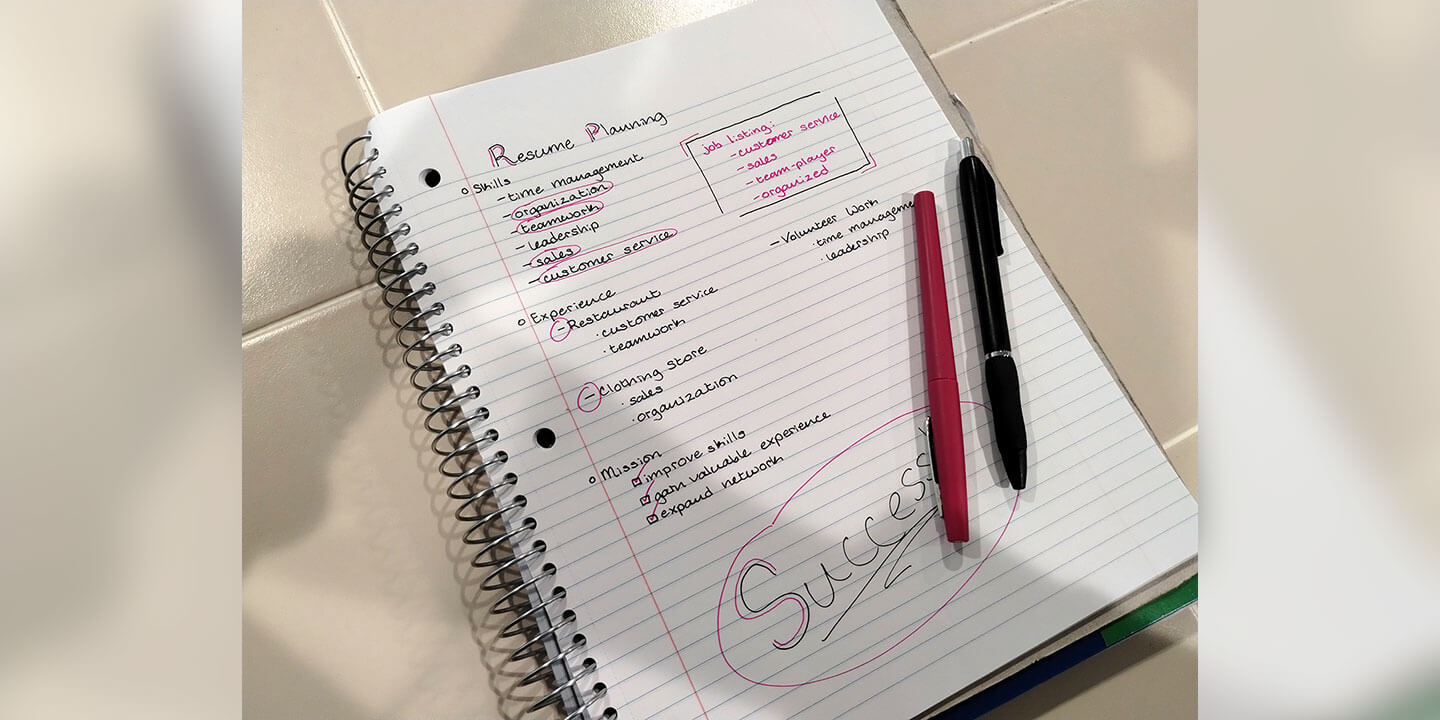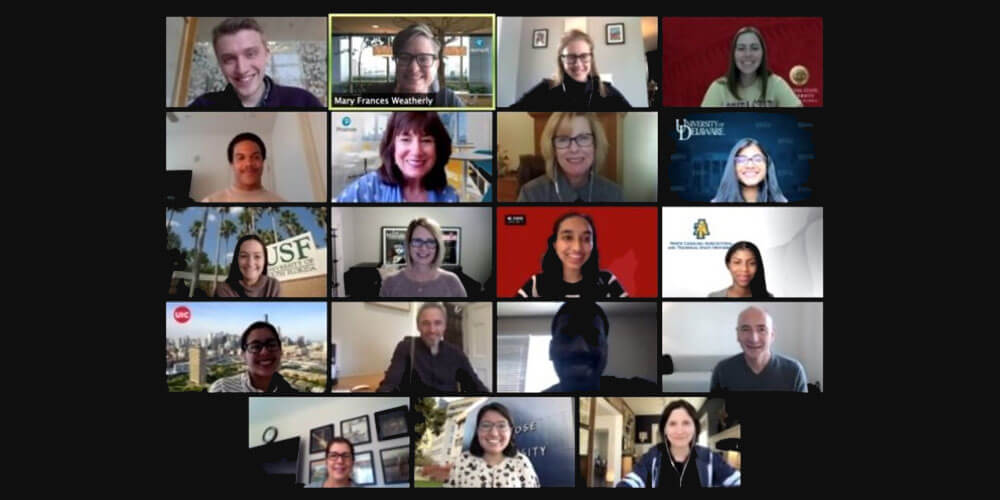
Writing a Winning Resume
Applying for a summer job? Maybe it’s your first time, or maybe you’ve got lots of work experience to include on your resume. Either way, it can be intimidating trying to decide what to write. After all, your resume is part of your first impression when you apply for a position. Let’s break down the process of crafting a resume into a few steps:
1. Compare Your Qualities to the Job Listing
It’s always a good idea to go back and look at the desired skills for a candidate included on the original job listing. For example, if one of the skills on the listing is “good time management skills” and you know that you always adhere to a schedule and always get your work done on time, go ahead and add it to your resume. Make sure that any skills you take from the listing are skills you actually have – don't say you’re proficient in Microsoft Word when you’ve only ever used Google Docs.
2. Decide What Prior Experience to Include
This next step can be tricky if you’ve never had a “professional” job before - but don’t worry! You may still have things you can include in this section: babysitting, mowing lawns, being part of a club or organization, volunteer work, and even being part of a sports team can count as experience. As long as you show that you have dedication and you’re reliable, you’re good to go. You can list accomplishments like “babysat for x number of families” or “utilized teamwork and communication to win games” to show that you’ve gained desirable skills from your past experiences.
If you have had a few jobs before, you don’t need to include all of them on your resume. Only include positions that are relevant to the one you are applying for. Also try not to have repetitive experience on your resume. For example, if you have had 6 retail positions, you don’t need to list all 6 – just pick a few and highlight a different set of skills and accomplishments from each.
You can (and should!) mention your education on your resume. You can list skills and accomplishments there as well. For example, you may want to mention it on your resume if you had a good GPA or won any awards.
3. Create Your First Draft
After you have decided what to include on your resume, you’re ready to start writing! Include a strong introduction or summary statement that tells the reader who you are and what your mission is before they even begin reading about your skills and experience.
General tips and guidelines for resume writing:
- Keep your resume under one page in length.
- If you are in college or have graduated from college, you don’t need to include your high school diploma on your resume.
- Try to avoid using bold colors unless you are applying for a more creative position. In general, stick to neutral colors.
- Make sure that your font is readable. Don’t make your font too big or too small, and don’t use more than two or three different font styles. For most jobs, you’ll also want to make sure that your font style is in print and does not include wacky designs.
- When writing about past experiences, write in past-tense. If you are including a job you still have, write about it in the present tense.
- Be honest. It’s never a good idea to lie about your skills and experience, especially when they are necessary for the job.
These tips should help you create a fantastic resume that will increase your chances of landing that job or getting that internship. Having a quality resume is an important document that you will constantly be revising for the rest of your life as you move through your career. Writing an excellent first draft is putting your best foot forward. Happy writing!
Do you have a compelling story or student success tips you’d like to see published on the Pearson Students blog? If you are a college student and interested in writing for us – click here to pitch your idea and get started!


